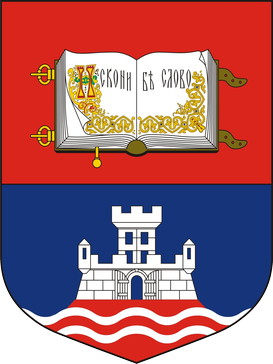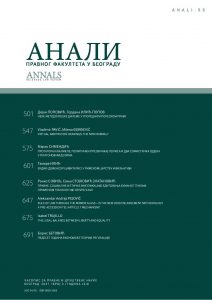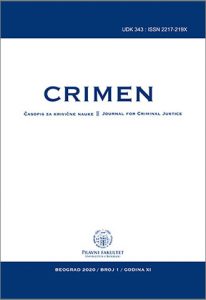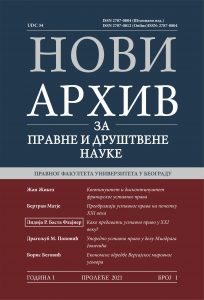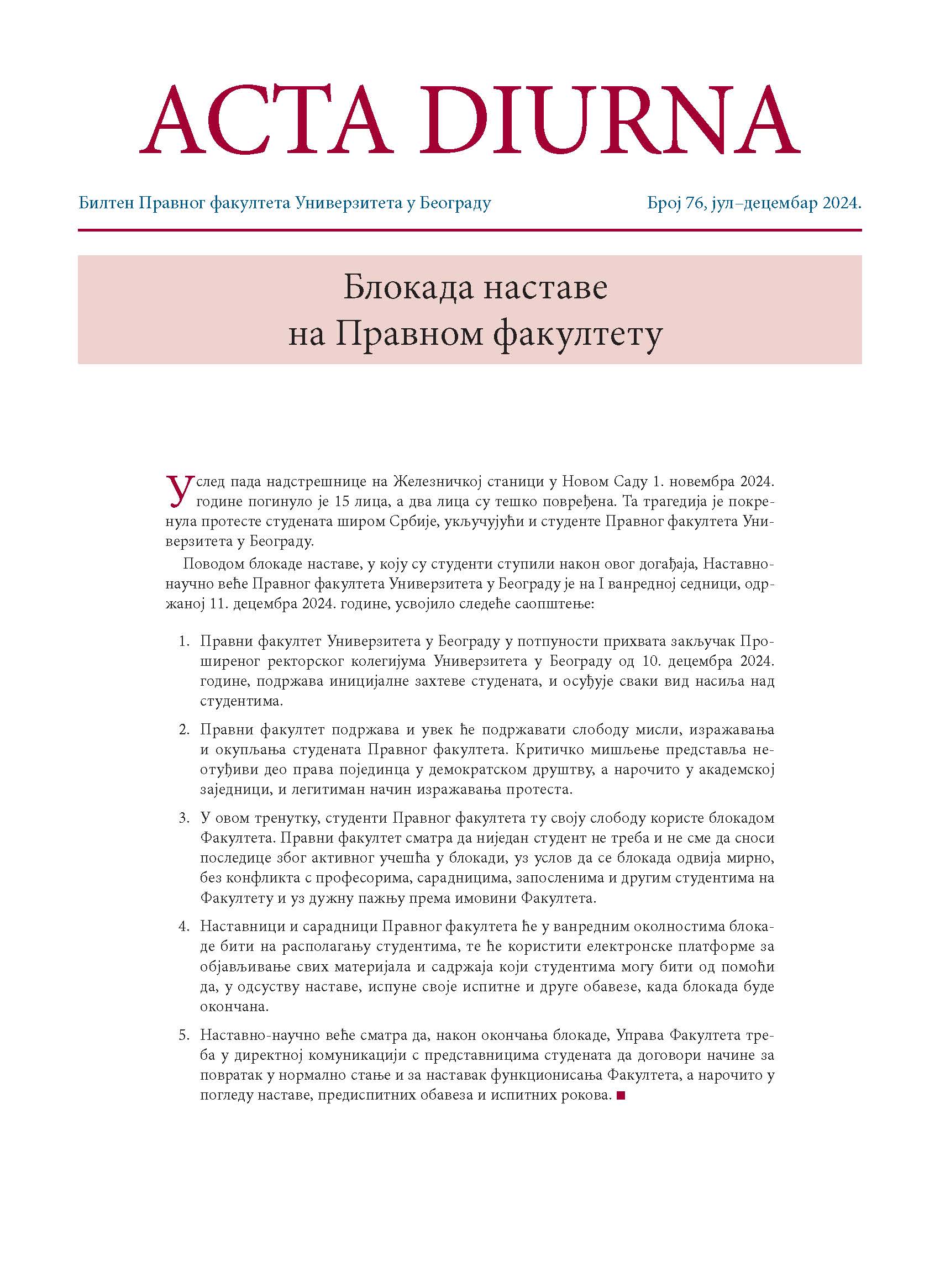Research theme within the Visegrad Scholarships at OSA in 2021/22
Possibilities of knowing: Truth seeking in a polarized world and [in] its aftermath
We invite applicants from the fields of history, the arts, philosophy and sociology to reflect on the conditions of knowledge production during and after the Cold War. Scholars and artists are invited to analyze the documentary practices of different agencies and persons on both sides of the Iron Curtain and assess the truth value of related documents/ artifacts.
In an era when people and academic communities are more and more divided over matters of common concern, we consider it the duty of both historians and archives to engage in a more reflexive manner with the problematic nature of records of the past. Scholars are therefore invited to take part in an academic challenge as well in a public act of providing examples of source literacy going beyond the usual categorizations such as “biased” or “subjective”. OSA collections feature as a “counter-archive”, comprising documents, used as evidence in the past [mostly Cold War] to counter allegations of authoritarian and violent regimes; doing research at OSA means not only uncovering proofs related to certain events, but also engaging in a current debate about the integrity, authority, relevance and truthfulness of sources.
Please consider the following reflexive questions when engaging with OSA collections:
- To what extent one can attempt to provide a truthful account of a historical event or problem based on the OSA collections? What do the sources highlight or obscure?
- What kind of truth regimes archives stood for in the past and what kind of investigation they can inform in the present?
- In what sense the “perspective” of the source (or the metadata connected to it) contribute to the understanding of the information it presents?
- What is the relevance of the gathered data (and metadata) for current debates and research?
We also recommend several thematic areas:
- Conceptualizing and reporting about opposition or social movements (selection and support for what counts as a “movement”, “dissidence” or “non-conformism”)
- Sociological data: relevanceof polls, surveys and statistics during socialism and after
- Circuits of communication and (anti-)propaganda techniques: information gathering and classification, textual and visual dissemination (book programs, samizdat, TV monitoring, instructional and documentary movies)
- Problems of documentation and verification of human rights abuses
- Representation and assessment of socio – economic issues: labor, standards of living, urbanization, education, religion
- Science and ideology: considerations regarding expert claims, efficiency, impact
- Intellectual debates in a polarized world andtheir aftermath
- Consequences of Cold War conceptual schemes and treatment of information on current economic and socio-political issues
- Reflection on the (Cold War) receptions, instrumentalizations and revisions of the history and the notion of the Revolution.
- The issue of historical credibility in Cold War archives
OSA collections
The Open Society Archives’ holdings are informative not just about different phenomena during and after the Cold War, but also about the forms through which these phenomena were reflected, archived, classified, reported and commented. By hosting collections related to the Radio Free Europe research section, the Soviet press, sociological institutes, former dissidents or book distribution programs, our documentary portfolio functions as both a repository of ready-made topics and as a cluster of media practices in analyzing, gathering and selecting information. The new call OSA invites applicants to reflect on both forms of knowledge creation/ dissemination and on the accuracies of their content.
OSA research program
The current call is part of a reflexive-research program at OSA interested in the working knowledge and skills that characterized the investigations of Cold War experts and diverse monitoring agencies before 1989. As an institution dedicated to linking teaching, researching and archiving, OSA is engaged in a research program dedicated to conditions of knowledge production during and after the Cold War. OSA seeks to analyze the relationships between Cold War conceptual schemes, current intellectual debates and political issues. We would like to assess the potential of a genealogical project linking the contemporary epistemic crisis of democracy to past modes of inquiry.
Admission
We seek to promote exchanges among people with backgrounds in the arts, humanities and social sciences in the way they think through and about archives while being concerned with current problems. From this point of view, the invitation is not only addressed to scholars working specifically on Cold War topics, but to all those interested in theories of knowledge, who would use OSA documents as props for larger reflections and activist concerns.
Fellowship requirements and OSA support
While working on their own subject, fellows will have the opportunity to collaborate with OSA researchers and to transform their archival investigation into a full research experience. The fellows are invited to give a final presentation about their research findings at OSA and the ways in which the documents were relevant to their research. The presentations are organized within the Visegrad Scholarship at OSA lecture series and as such former Visegrad alumni and external guests can also attend.
OSA academic and archival staff will assist the fellows in their investigations, facilitate contact with the CEU community, and grant access to the CEU library. Besides its archival analogue collections, OSA can also offer access to unique, audio-visual materials related to documentary practices, a special collection of RFE (anti)propaganda books and a growing collection on digital humanities, human rights, archival theory and philosophy.
About the Fellowship
The grants of 2.000 euro each are designed to provide access to the archives for scholars, artists, and journalists, and to cover travel to and from Budapest, a modest subsistence, and accommodation for a research period of eight weeks. Stipends for shorter periods are pro-rated.
Applicants, preferably but not exclusively, from a V4 country, may be researchers, students after their second degree carrying out research, or artists, journalists, academics, or both.
Submission deadlines for the 2021/22 academic year:
- July 25, 2021
- November 15, 2021
Assessment
The Selection Committee will evaluate proposals on the strength of the professional quality and novelty of the research proposal, its relevance to the chosen topic and the involvement of the OSA holdings in the research. In the case of equal scores those from V4 countries have advantage.
Application procedure
Please submit the following to OSA:
- Application letter in English (should specify expected period of stay and preferred dates and how you learnt about the scholarship (through which courses, instructors, social media groups or pages, websites, academic platforms, OSA public programs/ projects etc. you were informed about this scholarship)).
Please note that the Archive’s Research Room is closed during the Christmas period, and the research stay must end on the last day of the given academic year, July 31. - Research description/plan in English (about 800 words and should include the following: introduction, presentation of the stage of research, literature on the subject, preliminary hypothesis, questions, identification of possible documents in the OSA holdings). Artists are expected to submit a portfolio, too.
- Curriculum Vitae (C.V.)
- Proof of officially recognized advanced level English language exam (native speakers and those with qualification from an English language institution/degree program are exempted)
- Names of two referees with contact address. Letters of reference are not needed.
The Application letter, C.V., the Research description/plan, the copy of a language exam certification and the Referees’ contact information should be sent by email to Katalin Gadoros at gadoros@ceu.edu.
